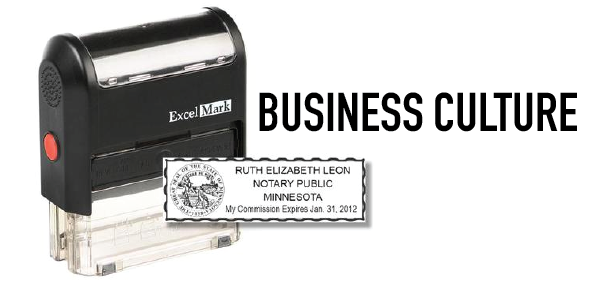
When constructing a house I sure hope that the builders have an idea of what the finished product should look like.
Without a plan or a blueprint, then it is safe to say that the end product will most likely have some flaws, or at least a couple weird kinks:
You: “Hey Bob, why did you put that pole there?”
Bob: “It felt right… ehhh maybe it could be plumbing, or maybe the house needs a fire pole into the kitchen?

Even though a quick access fire pole into the kitchen is an AMAZING idea, it most likely does not align with the vision of the house you first set out to create.
When constructing a home everything needs to line up to get the finished product you set out to create. Digging the foundation, measuring the rooms, figuring out the plumbing, understanding the electrical is decided before or very early in the building process.
Yet for many small businesses, we do not create a plan for the business culture.
When it is 2-3 employees, culture seems to be the last thing on your mind and most likely you possess a good culture so there does not seem to be a need for anything official.

Although it should be something that you depict clearly and early in your company’s creation.
Why?
Because a company’s culture is its fingerprint – it is what makes the company unique, and if it is not identified early it will be lost with the companies growth.
By defining culture you put direction to how your marketing acts, which employees are the best fit for your organization, what HR benefits make sense, and sets the overall vision for where the company is moving.
Basically whatever has made your company thrive needs to be called out and highlighted to make sure that it continues as the number one priority throughout its continuous growth.
When people ask me about what working at a startup is like, I tell them it pushes your creativity to a new level and is always fun. No one that is from a large corporate entity that has asked me that question has responded, “Sounds like my job”
I say this because a lot of startups have similar experiences, but once they grow to a larger size something changes.
Fast growth leads to quick hiring where the need for labor is weighted higher than the need for cultural fit. The revenue grows to a point where trying something new or different is more of a risk than an employee norm.
The company then moves from trying to be a disruptor into trying to hold market share to please shareholders and meet the needs of the quarterly forecasts.
I know what your thinking…

But it is something to consider.
What if the purpose and culture of your company were lost, would it still hold a competitive advantage?
Most likely not.
Although defining your culture can be tougher than expected. But if you follow Traction / EOS, there are some quick giveaways (you should still buy the book btw).
To help define your culture, think about what your company’s purpose is.
I can make the assumption that the purpose in creating any company was not, “To please shareholders”
Was it?:
To provide the best customer service of an industry? If so, you probably need to establish a culture that is customer-centric.
Or was it to launch the most tech-savvy toothbrush? If so, then you need to establish a culture for cleanliness and technological growth.
Whatever your purpose is, think about what values are needed in employees and your company overall to achieve it.
Once your values are established, make sure it is well documented and enforced.
By using your values as a guiding light for your hiring choices, your marketing decisions, and your product development your company will turn into a productive culture that is dedicated to the company’s purpose, and this will be responsible for its dramatic growth.
Blogs like this can be delivered to your inbox.
Every Thursday.
[mc4wp_form id=”428″]




